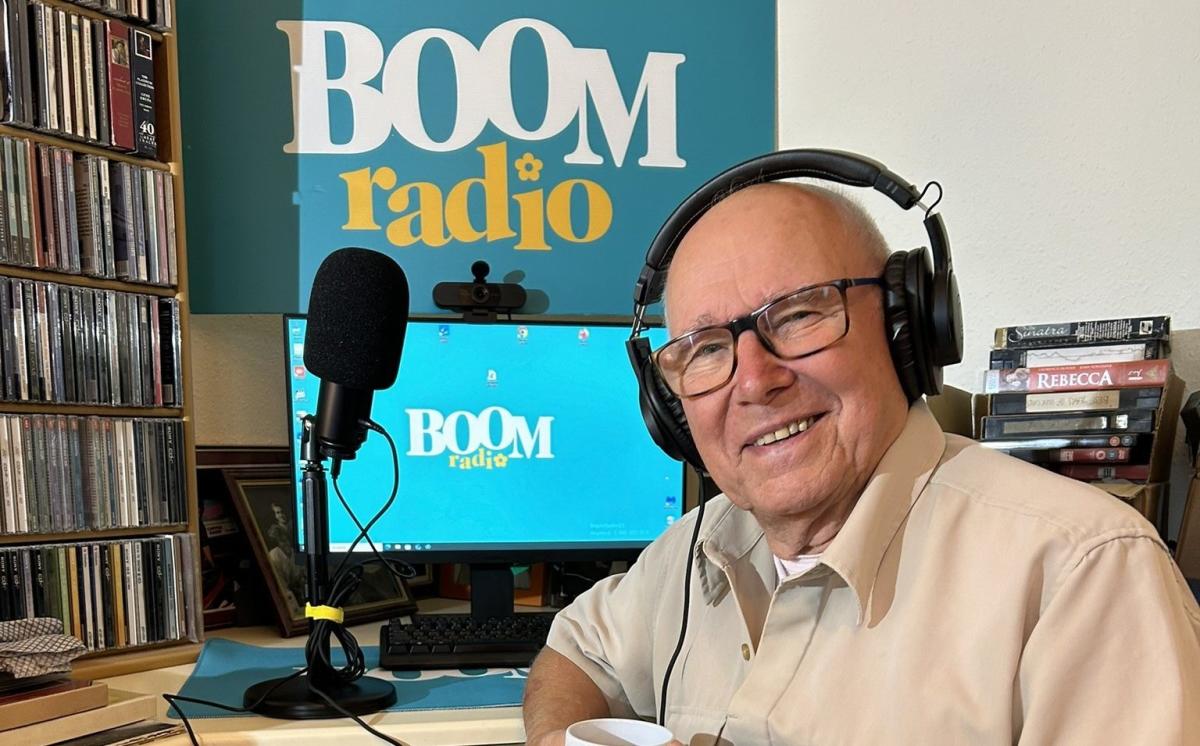
The “arrogant” BBC is to press ahead with plans for a Radio 2 spin-off station despite admitting it will harm commercial rivals.
BBC bosses hope that the new station, focusing on music of the 1950s, 1960s and 1970s, will win back some of the older listeners lost to the likes of Boom Radio and Greatest Hits Radio.
Many listeners defected from Radio 2 after it began focusing on a more youthful audience and including more music from the 1990s onwards.
In July, Ofcom ordered the BBC to carry out a public interest test. Announcing its findings, the corporation admitted that the spin-off would have an impact on competitors and in particular “would significantly hamper Boom Radio’s financial performance”.
Boom launched in 2021 and operates with only one per cent of Radio 2’s budget, but has built an audience of more than 700,000 listeners.
However, the BBC concluded: “Having considered stakeholder feedback, our overall strategy remains unchanged.”
Instead, it has tweaked the proposed schedule for the spin-off station, increasing the amount of speech content such as archive documentaries and interviews, and adding regular news bulletins. The original proposal was for a “music-led, mood-based, news-free station”.
The cost of these changes will drive up the station’s annual budget from £420,000 to £660,000, the BBC said.
It is now for Ofcom to decide whether the station, in its revised form, will get the go-ahead.
Commercial competitors reacted with disappointment. Phil Riley, the chief executive of Boom Radio, said: “This is likely to lead to the potential closure of Boom Radio. We shall again make the case to Ofcom, which now must review the plan.
“Clearly, the BBC has not listened to [our] concerns. It prefers to spend unnecessary cash to attack what we do, whilst it demolishes its own news content, local radio and much-loved TV drama.
“The BBC has acknowledged this move could have a ‘significant impact’ on us. We agree that their choice to disregard the evidence and plough on could be the death of Boom Radio.
“It smacks of typical BBC arrogance to effectively dismiss the original Ofcom decision.”
Mr Riley added: “The bullying BBC is willing to trample all over commercial competitors just to prove a point. Boom Radio was launched because its founders saw a gap in the market to target the baby boomer generation with the music they were not getting on BBC Radio 2 in its desire to target a younger audience.”
Radiocentre, the industry body for commercial radio, urged Ofcom to reject plans for the Radio 2 spin-off and three other stations: Radio 1 Dance, Radio 1 Anthems and Radio 3 Unwind.
The organisation claimed that the proposals could reduce advertising revenues for commercial stations by 10 per cent – about £71 million per year – and force some stations to close.
Matt Payton, the chief executive of Radiocentre, said: “The process so far has consisted mainly of the BBC marking its own homework.
“We now look forward to working with Ofcom on an independent assessment of these proposed changes, where we will continue to highlight the negative effect on audiences and competition.”
Lorna Clarke, BBC Director of Music said: “We have received a wide range of feedback and reflected much of it in our plans, including significantly redeveloping our proposal for the Radio 2 extension to increase its editorial distinctiveness.”
EMEA Tribune is not involved in this news article, it is taken from our partners and or from the News Agencies. Copyright and Credit go to the News Agencies, email news@emeatribune.com Follow our WhatsApp verified Channel



